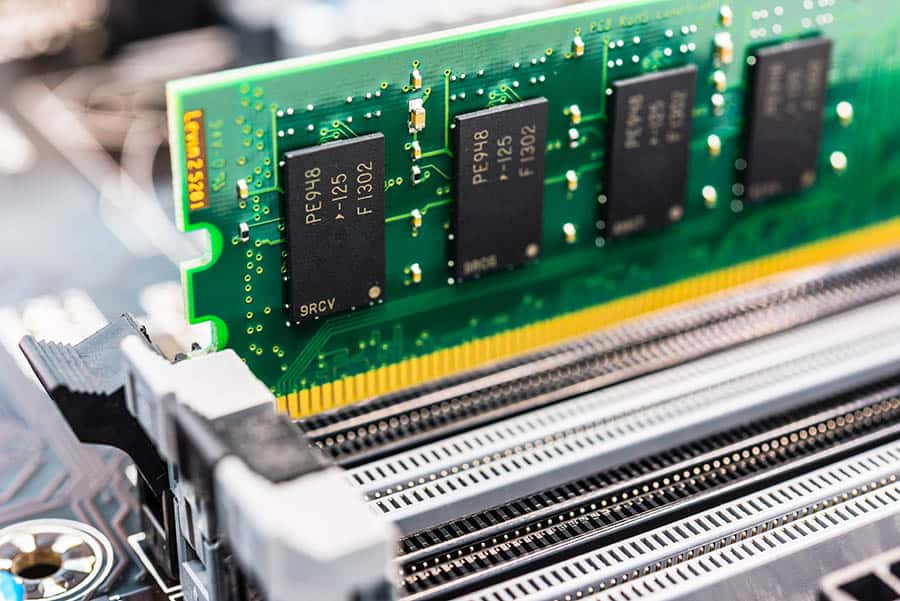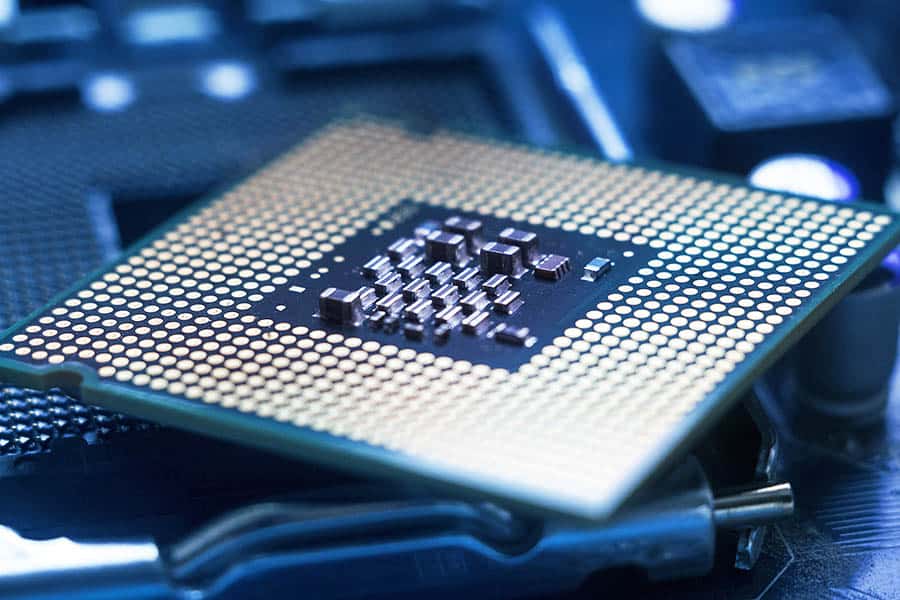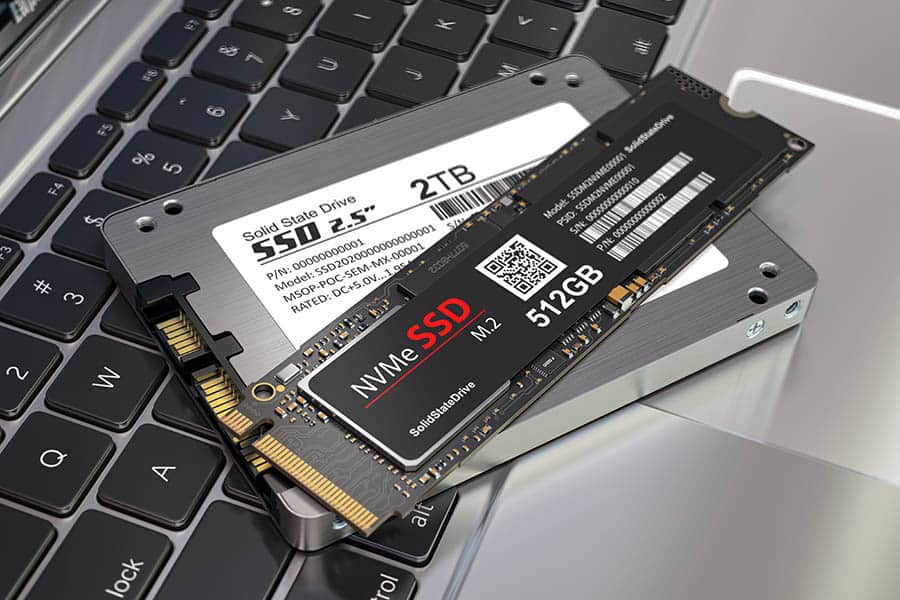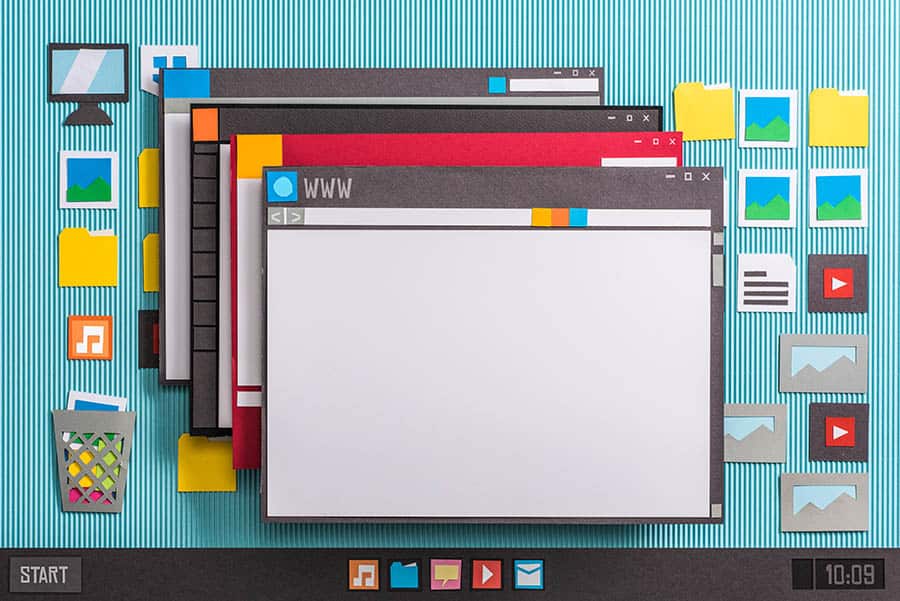If you’re looking for a new desktop computer, then it can be quite difficult to know which model to opt for. This is especially true for computers, as they have a ton of different information for you to know about when you purchase one.
This can make it quite difficult to know exactly what all of these things mean. It’s commonly said that you need a laptop or a computer with good specs, or specifications. But what exactly does this mean, and what specs really matter when you’re looking at a computer?
Well, that’s what we’re going to look at today. This should make it easier for you to understand a computers specs, what they mean, and the things you should be looking for.
What to look for when buying a computer – Fully explained
When we’re talking about the specs of a laptop, this is just the name we use for specifications, or different components of the computer. A computer is made up of various different parts, and each of these can have a different power or performance.
How good these parts are is what we refer to as the specs. Often, when we talk about the power of a computer, we’re talking about the RAM or Memory that the computer has. This is important, but other aspects of your computer can be just as vital to its performance.
So if you’re looking to learn more about specs, then here are the most commonly referred to parts of a computer.
RAM

RAM, which stands for Random Access Memory, is the main thing that most people look at when considering the specs of a computer. The RAM is not the entire memory of your computer, but it is the easily accessed memory that’s necessary for us to launch programs quickly.
When you run a program, it moves from the storage of the computer to the RAM, and this is where it stays whilst you’re using it. This means that any of your computing tasks will remain on your memory when opened, and when you close them, they’ll return back to your traditional storage.
In the modern day, you won’t find many computers or laptops that have less than 8GB of RAM. And if you’re looking at something for gaming, then most people would be better of with 16 or even 32GB of RAM. This additional power will allow your computer to run faster, and have the capability to run bigger programs simultaneously.
The good news is that it is usually very easy for you to upgrade the memory/RAM of your computer or laptop, excluding a select few brands (like Apple). RAM itself is pretty reasonably priced too, and it’s often the best way to make your computer more powerful without doing a whole lot to it.
Recommended amount: Try to get at least 8GB of RAM in any laptop or computer. If you can, buy an upgradeable model that you can add more RAM to at a later date.
For gaming or video editing, you’re generally going to be looking for more RAM than this. The good thing about going for a tower PC is that you can easily upgrade it when necessary. For these kinds of tasks, I’d recommend a minimum of 16GB of RAM.
Processor

Though usually people get what the RAM of a computer is, the processor is something that’s a little less understood. It doesn’t help that it’s commonly referred to as the CPU, which is just another name for the unit.
The CPU is another extremely important part of your computer, and it’s literally the way that your computer knows how to function. It’s responsible for telling your computer how to function, or process, the demands made of it.
The speed of your processor is measured in GHz, or Gigahertz, which is essentially the speed of the processor. The greater the gigahertz, the faster that it can process information. The processor speed is one of the most important specs in your computer.
One thing that will make a difference is the number of cores that your processor has. Essentially, the more cores the processor has, the better it can manage multiple programs at the same time. So, the processor is another important part of the set up.
Recommended: Take a look at either Intel or AMD processors, preferably ones that have been released in the last few years. Ideally, you’ll want 4 or more cores in your processor if you’re going to be completing a lot of tasks.
For some softwares, it can pay to have a processor with more power. This includes things like Adobe Photoshop and Illustrator, and really any type of editing or design software.
If you do want to run these programs, then look for a hexa-core or octa-core processor instead, with faster clock speeds too.
Storage

Another very important part of your computer is the storage that it uses. This is literally where all your programs and files are stored when they’re not in use, so it’s important that your computer has reliable storage.
Storage nowadays typically comes in the form of an SSD, which is the easily accessed form of storage for your computer. In the past, we’ve used different types of storage, like HDDs. These are kind of outdated now, but they are cheaper so they’re not a bad choice for external hard drive solutions.
SSD, or solid state drives, are much quicker than any other alternative at the moment. For this reason, they’re heavily used as the best choice for storage for both computers and for laptops too.
With more and more people using cloud storage now instead of their own computer space, this has become less important than previously. However, many people still want a computer with an adequate amount of storage space on it.
Recommended amount: Most premium laptops come with 256GB of storage space. This is generally the storage capacity that most people should be looking for, as it’ll give you enough space for all of your programs, files and anything else.
You can get away with less than this, but you’ll need to take advantage of cloud storage.
Graphics Card
Another important part of your computer isn the graphics card, often referred to as the GPU (the GPU is just the specific unit and makes up part of the graphics card).
The GPU is responsible for the processing of the graphics of the computer. This is how your computer shows the data that it receives in image form, as the GPU does this.
The reason why graphics cards are so important to those want use a gaming computer is that it’s directly responsible for the images that the monitor displays. The better the graphics card, the better and more responsive the display will be.
Recommended amount: Graphics cards aren’t going to be that important if you’re just doing simple tasks like browsing the web or typing up documents. Where they really matter is within gaming laptops and computers, as well as video editing.
The higher resolution you want, the more powerful your your GPU should be. Ideally, you’re going to want a minimum of 8GB.
Motherboard

As you’ve probably guessed, the motherboard is where all of these different computer parts come together. The circuit board allows the different components to work together with each other to keep your computer running properly.
Though motherboards can get quite in depth, something that’s often talked about is the motherboard’s form factor. This is where all of the components are located, and will overall effect how our computer runs.
Operating System

The operating system that your computer runs on is definitely something that you’ll want to take into account. The most popular operating systems, or OSes, are Windows, MacOS, Chrome OS and Linux.
Essentially, your OS will manage all of the different software that you’ve got installed on your computer. So as you can probably expect, it’s very important that you opt for one that you feel comfortable with.
Conclusion
In conclusion, these are just some of the most important aspects that you’ll need to consider when you’re looking at a new computer, or considering upgrading your current model.
These are all parts of computers, but they’re also relevant for laptops too (check this guide to the best laptops to replace your desktop). Though there are more elements to a computer, these are undoubtedly the most important ones that you’ll want to take into account.